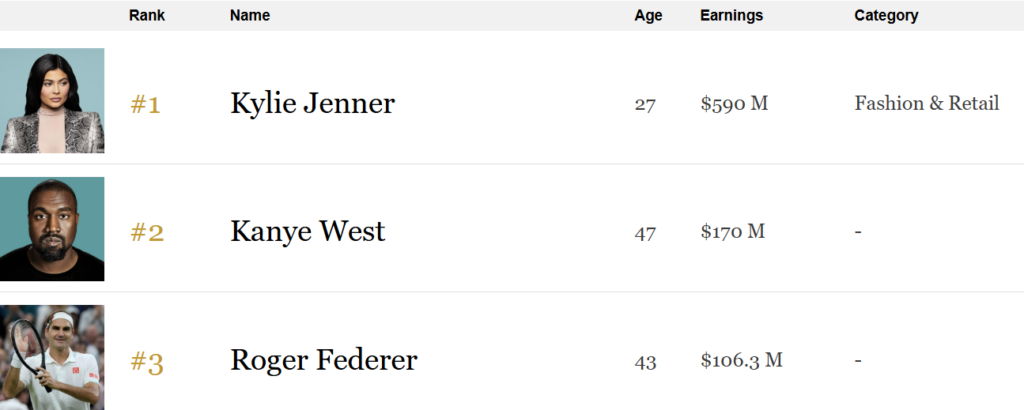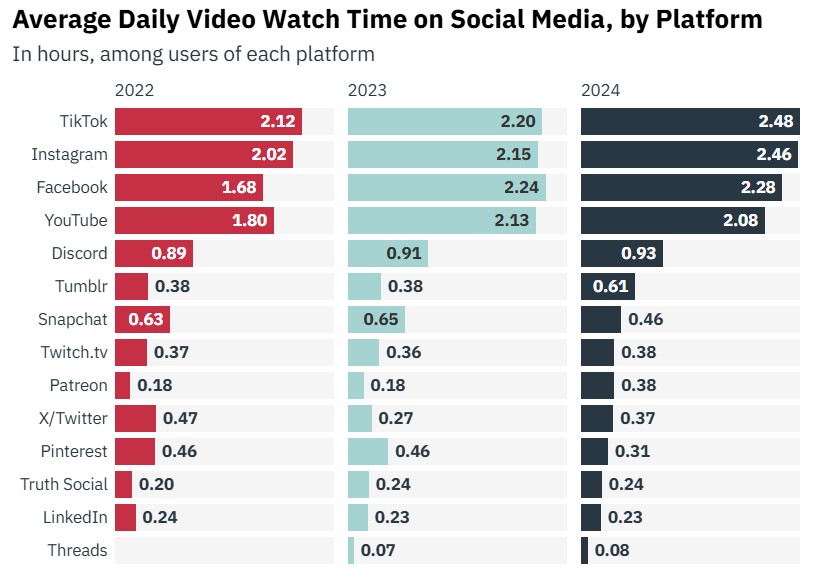Most of us grow up somewhat in awe of celebrities. Maybe we get to love them on the cinema screen, or on the smaller, but closer-to-home, television screen. Perhaps we rave to their music. Whether we are a Baby Boomer, a Generation X or a Generation Y (or even one of the few still left from the Silent Generation) we have our favorite celebrities, who we look at in awe, not to mention often barely suppressed jealousy.
What is a celebrity?
Most dictionary definitions are somewhat vague. For instance, the Collins English Dictionary definition of a celebrity is
“a famous person – a show-business celebrity.”
The Vocabulary.com definition goes one better, describing a celebrity as
“a very famous person.”
Yet there are undoubtedly many famous people (perhaps even very famous people) who would not typically be considered celebrities. For many years Forbes has published a list of the 100 highest-paid celebrities of the year. It’s interesting to observe who they consider to be a celebrity. Its 2025 Celebrity Top 100 ranks Kylie Jenner as the queen of the celebrities, raking in $590 million dollars over the previous year.
So how does Forbes come up with its Celebrity 100?
“To determine the Celebrity 100, Forbes evaluates front-of-the-camera talent across the entire entertainment world–idols from Hollywood to Bollywood appear alongside Swedish soccer stars and American basketball players–creating a truly international list.”
When you look at their list, you see that they have filtered their celebrities by Hollywood, Music, Sports, and Other. Celebrities classified as “Other” come from a wide range of genres and include Howard Stern (Radio), Kevin Hart (Comedy), Dr. Phil McGraw (Talk shows), and James Patterson (Books).
Some of these celebrities have held that status for some time now, particularly those whom Baby Boomers have grown up beside. Paul McCartney still ranks #91 on Forbes’ 2025 list, more than sixty years after first gaining celebrity status as an integral part of The Beatles. It may amaze many, considering where the media has focused its attention in recent years, that this is a place higher than Justin Bieber’s position. However, there are distinct rumblings in the world of celebrity influence. Celebrities may predominantly come from the worlds of Hollywood (movies and television), music and sports (with a few “others” to make up the numbers) but there seems to be a fundamental change when it comes to the allegiances of the youngest members of our society.
The younger a generation is, the more fluid the definition and name of that generation seem to be. Everybody knows that a Baby Boomer is. The concept of who belongs to Generation X is almost as solid. It took some time for the moniker Generation Y to stick (these guys were once known as Boomers or Millenniums), but most people generally accept that Generation Y consists of those born from about 1980 to 1994.
The next generation, those born from about 1995 – 2012, are most frequently known nowadays as Generation Z. It appears that they are quite different from their forebears in many ways. One of these ways is how they consume their entertainment. The current teenagers are the first generation to have had the Internet available from a very young age. They have never known the world without the Internet. Most of this generation have had their own cellphone since a young age. Easy access to this technology has become the norm for Generation Z. Most of them have had a portable entertainment device in their pocket from a very young age.
This means that Generation Z has distinctly different patterns of media consumption compared to older generations. Which must bring into question, how many of Forbes 2025 celebrities will remain dominant in the future, as Generation Z ages and becomes more of an influence In the marketplace? Will younger celebrities on the list, such as One Direction and Justin Bieber, still be on the list in 50 years, as Paul McCartney is now?
It is perhaps unfair to focus on musicians. You can clearly see from Forbes’ list that musicians targeting young fans are still very successful celebrities. The sports celebrities, probably still appeal to youngsters as much as they always have, and there is no evidence that sporting teams are going to lose their fans anytime soon. James Patterson, Steven King, and a few others show that authors can still keep celebrity status in this electronic age. J. K. Rowling may not be on the most recent Forbes list, but she is still a celebrity to many of Generations Y and Z.
The biggest category of celebrity which may see a change in the future is Hollywood: television and movie stars. Generation Z clearly looks at entertainment differently compared to older generations. This is particularly obvious when you look at television viewership. There has been a tremendous change in traditional television in recent years.
Generation Z’s entertainment habits highlight the decline in traditional television viewership, with U.S. adults now spending fewer hours watching TV daily. This shift doesn’t mean less screen time overall; instead, audiences are turning to smartphones, tablets, and laptops, driven by the rise of on-demand streaming platforms like Netflix. Younger generations, in particular, favor mobile streaming, accelerating the drop in traditional TV usage. By 2027, traditional TV subscriptions are expected to fall to 47.8 million U.S. households, down from over 100 million in 2014, prompting cable providers to adapt with their own streaming services.
YouTube, as a dominant player in social media video consumption, is a major factor in this shift. With its vast library of content catering to every niche imaginable, YouTube consistently draws massive viewership across all age groups. Its ability to host both long-form and short-form videos makes it a versatile platform, attracting audiences that once relied on traditional TV. For Generation Z, YouTube has become a go-to source for entertainment, education, and influencer-driven content, further contributing to the decline of conventional television consumption.
The platform's growing influence is reflected in the steady increase in daily watch time among its users. In 2022, the average daily video watch time on YouTube was 1.80 hours, rising to 2.13 hours in 2023. While slightly decreasing to 2.08 hours in 2024, these figures highlight YouTube’s strong engagement levels, cementing its position as a leader in the evolving video consumption landscape.
The influence of YouTubers on teenagers is evident, with YouTube stars consistently ranked highly for their relatability, creativity, and engagement. Creators like KSI, PewDiePie, VanossGaming, Nigahiga, Smosh, and Markiplier have gained immense popularity among Generation Z, often surpassing traditional celebrities in terms of connection and influence. Musicians such as Bruno Mars and Taylor Swift remain some of the few traditional stars to compete in this space, while actors and film personalities tend to rank lower in appeal.
The music sector, however, has been less impacted by this shift than film and television. Many of the largest YouTube channels are music-focused, such as official Vevo accounts for artists like Justin Bieber, Rihanna, and Taylor Swift, each amassing tens of millions of subscribers.
Despite these impressive numbers, YouTube creators like PewDiePie continue to dominate in overall subscribers, showcasing the platform's transformation into a hub for diverse and highly influential content creators.
While these numbers look healthy, it must be remembered that these channels contain these artists’ official music videos, which today’s teenagers watch for free. Previous generations purchased CDs or records to gain their music fix. While there has been an increase in legally paid music downloads in recent years, many more teenagers are happy to watch these YouTube channels. You don’t need a professional recording studio and a contract with a major music company to make music that everybody can see. If you have any musical talent at all, you can make and upload your own video to YouTube. Generation Z loves to hear and share its own music.
Indeed it is this urge to create that is probably the reason behind YouTube’s massive success. As much as both the music and film industry moguls feared that viewers would use YouTube to watch pirated licensed films and music for free, the real success of YouTube has been people creating and sharing their own “stuff.” YouTube video creators make a real point of being all-inclusive with their fans. It is not just a case of shooting a video, uploading it and hoping people will watch it. The successful content creators on YouTube deliberately try to engage their audience. Of course, it is much easier to engage an audience who are using a computer, tablet or smartphone than it is those passively watching on a television or cinema screen.
The most active YouTube creators create communities of fans. They interact with and listen to these fans. As a result, the fans feel a real connection to their YouTube celebrities. This connection is unlike any relationship with old-style traditional celebrities. As much as a Generation X or Baby Boomer may worship an A-list Hollywood celebrity, there will always be some form of gap; a lack of close empathy or community. It is difficult to feel an affinity with a movie star living the Hollywood lifestyle, who you know you will never talk to.
The younger the generation, the more cynical they are about PR-created, sanitized star images. If there is one industry that should be scared as today’s teenagers mature and age, it is the PR industry. Generation Z learned to see through PR hype before they were barely out of diapers.
Every previous generation has challenged and rebelled against their parents. Since the arrival of the Baby Boomers, this rebellion has mainly been with music. The generation who shocked their parents with Elvis were in turn shocked by the Sex Pistols. Those kids who played their Sex Pistols records were shocked when their kids brought home Eminem CDs. Generation Z has developed a strong emotional attachment to their YouTube superstars.
A problem that Generation Z has found is that the music companies have improved their marketing of music to older generations in recent years. Every generation from Baby Boomer onwards still likes their music. With Generation Y growing up with profanity-filled rap, where can Generation Z go that will shock their parents? They can’t. Thus they have moved this generation’s culture in other directions.
Generation Z's attachment to YouTube superstars stems from their relatability and authenticity. Unlike traditional celebrities, these creators feel approachable, often reflecting the lives and aspirations of their audience rather than projecting a polished, PR-crafted image.
It is clear that the day of the traditional celebrity is numbered. The YouTube celebrity is gradually becoming more influential. Marketers and others trying to hang on the coat tails of celebrity cannot ignore this. If they do so, they will gradually fade into insignificance.





